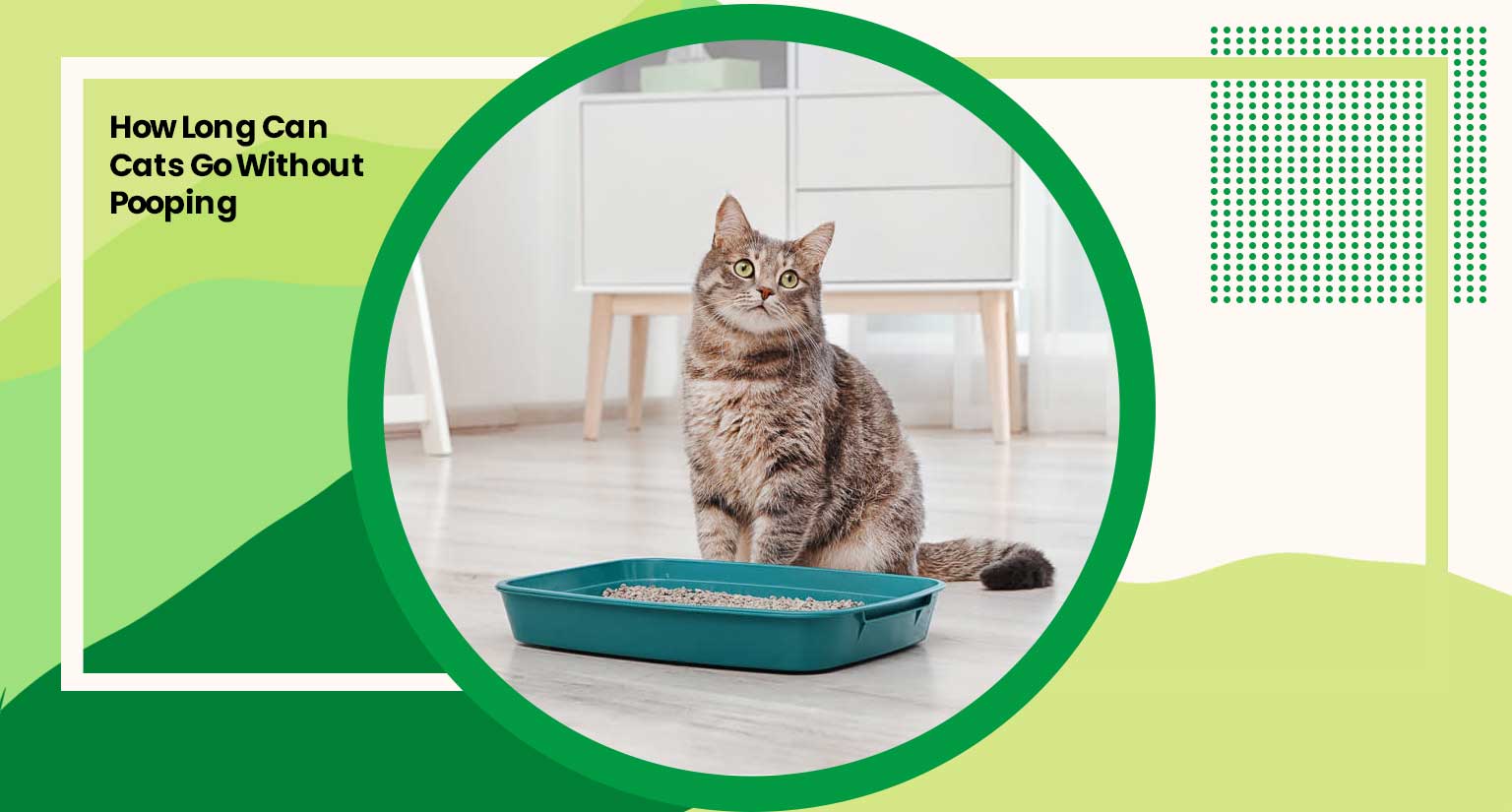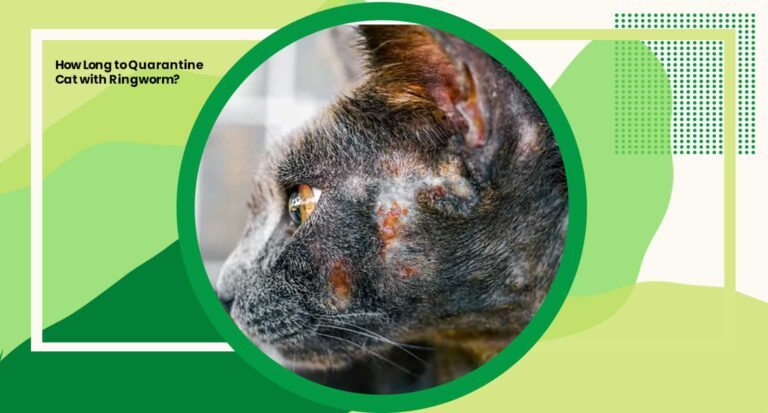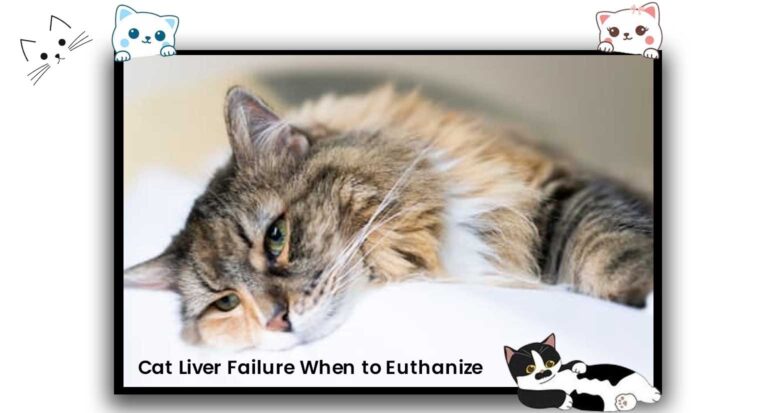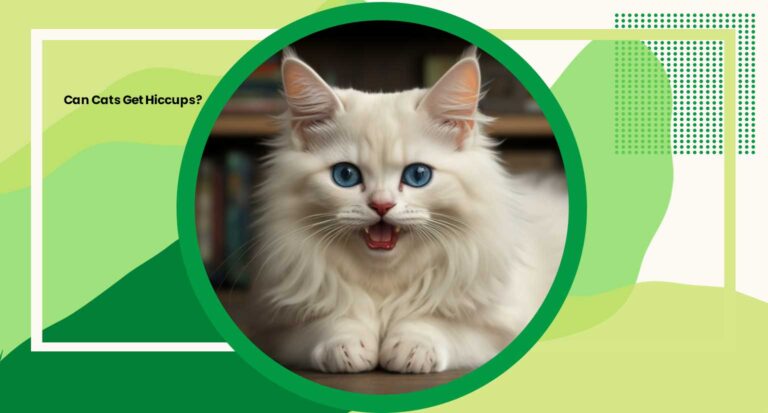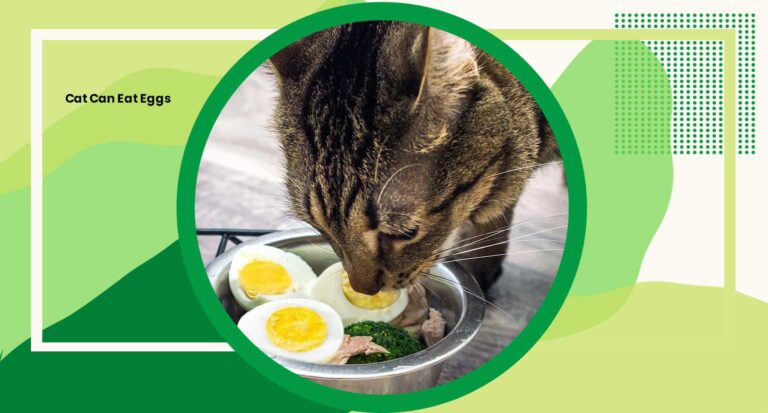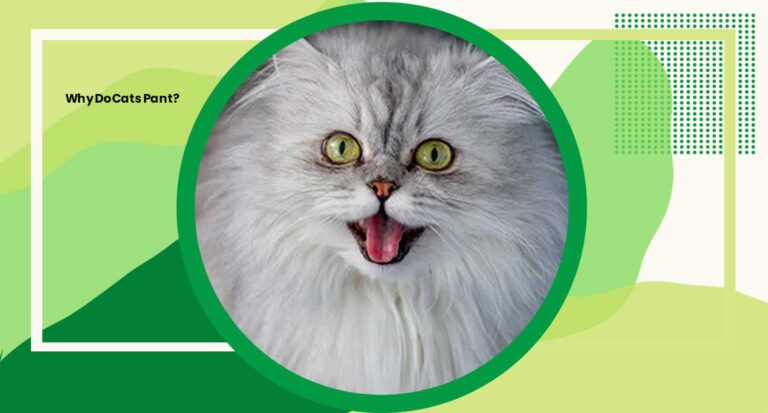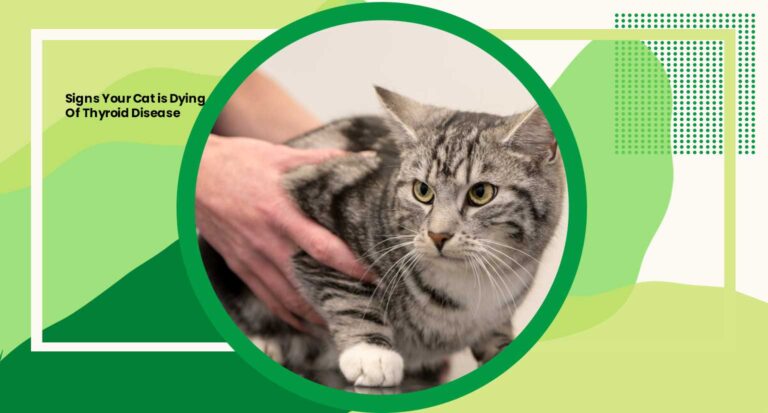How Long Can Cats Go Without Pooping?
Cats are beloved members of many households across the United States. As cat owners, we adore their quirky behaviors, cherish their companionship, and always want the best for them. One aspect of feline care that often concerns pet owners is their cat’s digestive health.
You may be wondering, How long can cats go without pooping? In this article, we’ll delve into this vital question, providing you with essential insights to ensure your feline friend’s well-being. Understanding your cat’s digestive system is the first step in providing the best care possible.
How long can cats go without pooping?
As a cat owner, you might find yourself closely monitoring your furry friend’s habits and health. One essential aspect of your cat’s well-being is their digestive system, including how often they poop.
It’s natural to wonder, “How long can my cat go without pooping?” To provide the best care for your feline companion, let’s explore the factors that influence their bowel movements.
Normal Cat Bowel Patterns
In most cases, a healthy cat will have a regular pattern of bowel movements. While the frequency can vary from cat to cat, it’s common for them to poop once a day.
Some cats may go every other day, and that can still be considered normal. Keep in mind that individual differences and dietary factors can influence how often your cat poops.
Possible Causes of Infrequent Movements
However, if your cat goes without pooping for an extended period, it could be a cause for concern. Several factors can lead to infrequent bowel movements, including:
Dietary Changes
A sudden switch in your cat’s food can disrupt their digestive system and lead to constipation.
Dehydration
Cats who don’t get enough water may experience difficulty passing stool.
Hairballs
Frequent grooming can lead to the formation of hairballs, which might obstruct the digestive tract.
Stress
Anxiety or changes in the environment can affect your cat’s bowel habits.
Underlying Health Issues: Medical conditions, such as gastrointestinal problems or blockages, may also contribute to irregular bowel movements.
Seek Veterinary Care
If your cat goes more than two days without pooping or exhibits signs of discomfort, it’s crucial to consult your veterinarian. They can diagnose the issue, provide appropriate treatment, and ensure your cat’s health and happiness.
Promoting Healthy Digestion
To prevent constipation and promote regular bowel movements, ensure your cat has access to fresh water at all times.
Additionally, maintaining a balanced diet that’s appropriate for your cat’s age and health is essential. Regular play and exercise can also help keep your cat’s digestive system in good working order.
By staying attentive and addressing any concerns promptly, you can help ensure your beloved feline companion enjoys good digestive health.
How long can a cat go without pooping after diarrhea?
After a bout of diarrhea, it’s natural for cat owners to be concerned about their feline companion’s bowel movements. How long can a cat go without pooping after diarrhea?
Let’s explore the typical post-diarrhea bowel patterns in cats and what factors may influence their recovery.
Normalizing Bowel Movements
Following a period of diarrhea, cats may experience a brief delay in returning to their regular bowel habits. It’s not uncommon for them to take a day or two to resume normal pooping frequency.
During this time, monitoring your cat’s overall behavior, appetite, and hydration levels can provide valuable insights into their recovery.
Potential Causes of Delayed
Several factors can contribute to a temporary delay in bowel movements after diarrhea:
- Recovery Period: The digestive system may take some time to recover from the effects of diarrhea, leading to a short-term decrease in bowel activity.
- Dietary Adjustments: If you’ve modified your cat’s diet to manage diarrhea, it may influence their bowel movements as they transition back to their regular food.
- Stress and Anxiety: Cats can be sensitive to changes in their environment or routine, which might affect their bowel habits.
Attention
While a brief delay in bowel movements after diarrhea is generally normal, prolonged periods of constipation or other concerning symptoms should prompt a visit to the veterinarian.
If your cat shows signs of distress, discomfort, or if you observe blood in the stool, it’s crucial to seek professional guidance for a thorough evaluation.
Supporting Your Cat’s Recovery
To aid in your cat’s recovery after diarrhea, ensure they have access to fresh water to stay hydrated. Gradually reintroduce their regular diet, and consider consulting with your veterinarian for dietary recommendations that support gastrointestinal health.
A short delay in bowel movements after a bout of diarrhea is often part of the normal recovery process. By closely monitoring your cat’s well-being and seeking veterinary attention if needed, you can contribute to their swift and healthy return to normal bowel habits.
Frequently Asked Questions
1. How long can a cat go without pooping?
Cats typically pass stools every day or every other day. However, the exact duration can vary based on factors like diet, hydration, age, and health. Generally, if a cat hasn’t defecated for more than two days, it’s a cause for concern.
2. What are the reasons for a cat not pooping?
Several reasons might cause constipation in cats, including inadequate water intake, insufficient fiber in the diet, hairballs, underlying medical conditions like intestinal blockages, or issues affecting the gastrointestinal tract.
3. How can I help my cat if it’s not pooping?
If your cat hasn’t pooped for more than 48 hours or shows signs of discomfort (straining, abdominal pain, lack of appetite), it’s crucial to contact a veterinarian. They might recommend changes in diet, increased hydration, medications, or other treatments to resolve constipation.
4. Are there any home remedies for cat constipation?
While mild constipation might sometimes be resolved by increasing water intake or providing a diet with more fiber, it’s essential to consult a vet before attempting home remedies. Some remedies might worsen the condition or mask underlying health issues.
5. Should I be concerned if my cat is not pooping regularly?
Yes, irregular bowel movements, especially prolonged constipation, can lead to serious health complications in cats. It’s crucial to monitor your cat’s bathroom habits and seek veterinary advice if you notice any changes.
6. How can I prevent constipation in my cat?
Ensure your cat has access to clean water at all times to stay hydrated. A balanced diet with adequate fiber, regular exercise, and grooming to minimize hairballs can also help prevent constipation.
7. When is constipation an emergency for cats?
If your cat shows signs of severe discomfort, distress, bloating, vomiting, or lack of appetite alongside constipation, it could be an emergency. Immediate veterinary attention is necessary in such cases to prevent serious complications.

